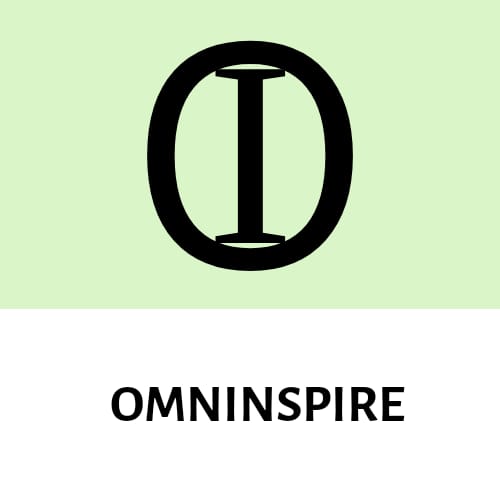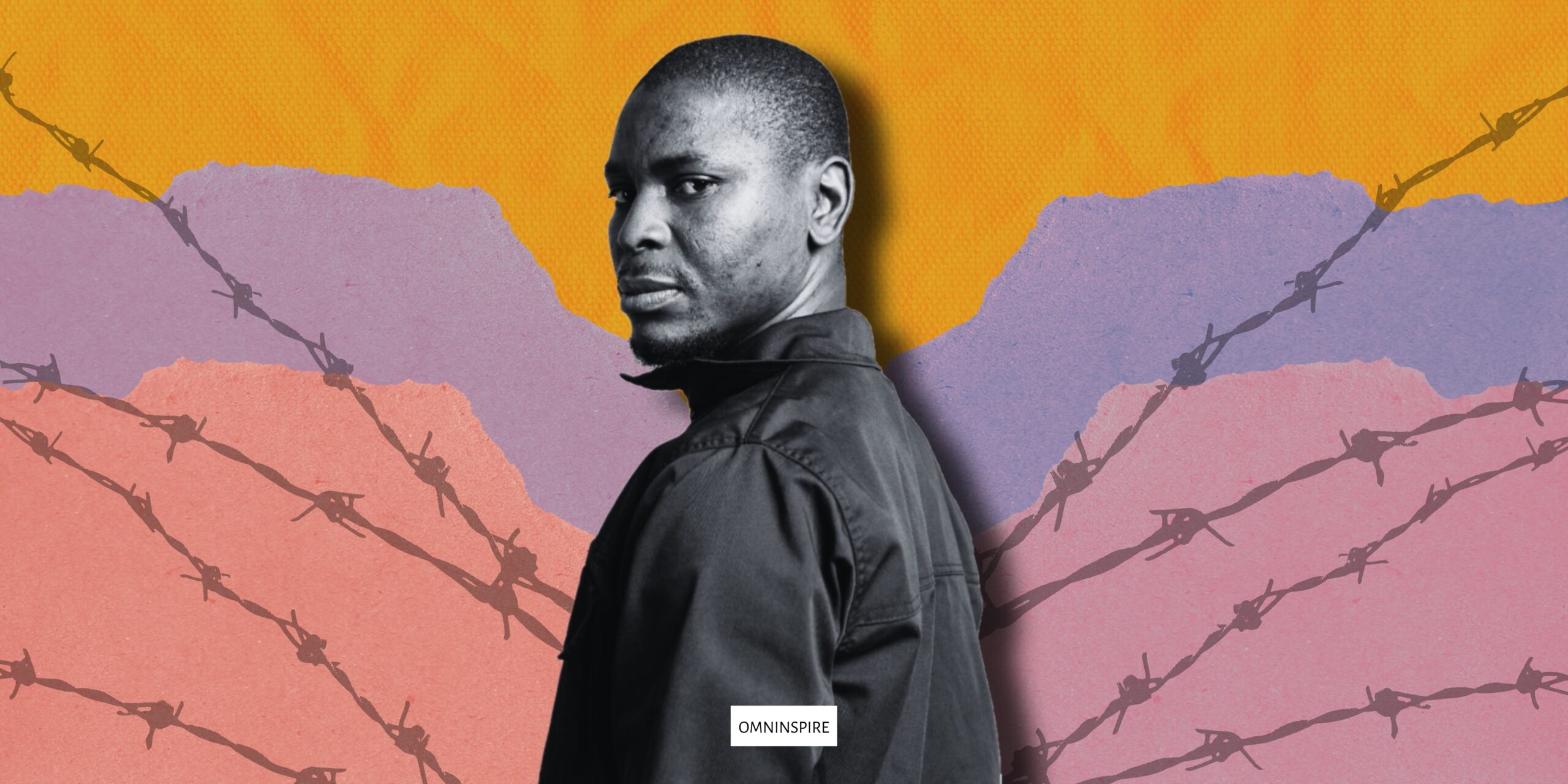- Do you ignore your mother’s calls, even though you used to talk every day?
- Do you feel a tightness in your chest when planning a family visit?
- Do you dread holidays, not because of stress, but because you don’t feel like yourself around them?
Many adults find asking themselves these hard questions.
You may feel guilty. You may feel confused.
After all, your childhood was full of love, stability, and happy memories.
Guess what! you’re not alone. Many people feel the same way.
You might smile through video calls but feel drained after. You might miss your childhood home but avoid going back. Or maybe, you show up, stay polite, and count down the minutes until you leave.
Let’s unpack this quiet emotional conflict, explore why that happens and why it’s okay.
The Myth of a Perfect Childhood
Yes, your childhood felt great. You had what many would call an “ideal upbringing.” You had food, shelter, fun holidays, and loving parents.
However, perfect childhoods don’t always mean perfect emotional development.
Often, children can’t fully process or notice emotional gaps. Kids need stability. They may suppress discomfort to keep the peace. This is why some people don’t realize until later that something felt “off.”
So, you may avoid your family not out of hate—but due to clarity.
Why Do I Avoid My Family As an Adult?
As adults, our perspective changes. Life offers us tools to reflect. Therapy, maturity, or relationships can uncover emotional blind spots.
Some reasons people create distance:
- Their parents never validated emotions.
- Boundaries weren’t respected.
- There was control disguised as care.
- Roles like “the good child” felt suffocating.
When those realizations happen, a person may take space to heal.
This doesn’t erase the good. It just means your needs have changed.
Adult Realizations That Shift Perspective
With adulthood comes a shift in how we see things. We stop filtering our past through a child’s lens.
Some common realizations include:
- “I was loved, but I was not heard.”
- “They never said sorry.”
- “I had to be perfect to be accepted.”
These insights aren’t small. They matter. They affect our mental health, self-esteem, and boundaries.
Thus, choosing space becomes a form of self-care.
Emotional Distance Isn’t Always About Trauma
Distance doesn’t always follow trauma. It can follow reflection.
Sometimes, parents can be emotionally immature. They gave you everything—except emotional intelligence. Or maybe they were loving but dismissive of your true self.
That conflict stays buried until adulthood. Then, one day, it clicks. And the avoidance begins.
You’re not alone in this.
Mental Health Reasons You Might Distance From Family
Your mental health matters. So does your peace.
Avoiding family can happen due to:
- Emotional boundaries: You want space from guilt or pressure.
- Anxiety: Visits cause emotional overload.
- Unhealed patterns: You feel stuck in old roles.
- Codependency: You need to break unhealthy dynamics.
In short, your well-being matters more than social expectation.
You can love someone and still need space.
Guilt and Grief: The Emotional Weight
Let’s be honest: it’s not easy.
You may feel:
- Guilty for hurting their feelings.
- Sad about what you wish the relationship could be.
- Relieved for finally choosing yourself.
All these emotions can coexist.
Grief doesn’t mean your decision is wrong. It just means you cared deeply.
Setting Boundaries Isn’t Betrayal
Boundaries aren’t walls. They are guidelines.
When you say, “I need space,” you are not being cruel. You’re being honest.
You might set boundaries like:
- No surprise visits.
- No criticism of your lifestyle.
- Limited time during phone calls.
This helps protect your emotional energy. It also teaches others how to treat you.
Setting boundaries is a mental health tool. Use it freely.
Society Doesn’t Talk About This Enough
There’s a narrative that says, “If your parents did their best, you owe them closeness.”
But that isn’t true.
Adults can re-evaluate relationships, even if those relationships started well. You don’t owe anyone access to your emotional life. Not even family. And no, you’re not ungrateful. You’re healing.
So, Why Saying “I Had a Great Childhood, But Why Do I Avoid My Family?” Is Normal
The question itself shows emotional complexity. It’s okay to ask.
You’re allowed to love your parents and still feel unseen by them. You’re allowed to have happy memories and still want distance. Emotional safety matters more than appearances. You deserve a relationship that respects your growth.
When to Seek Help
If you feel stuck between guilt and growth, therapy helps.
Look for signs like:
- You feel drained after family interactions.
- You’re afraid to express your truth.
- You’re always the one compromising.
These are signs to explore further. You don’t need a crisis to ask for help.
Also, Remember you’re Not Alone
More people than you think live with this quiet distance. Some never talk about it. Some carry shame. But there’s power in truth. If you’re asking, “I had a great childhood…so why do I avoid my family?” know this: your story is valid. Your needs are real. And your growth matters.
Redefining What Family Means
Family isn’t just about shared memories. It’s about mutual respect, emotional safety, and freedom to be yourself. You don’t need to reject your past to protect your future. Choosing distance doesn’t erase the love you once felt. It simply honors the person you’ve become.
And that’s more than okay. That’s growth!







